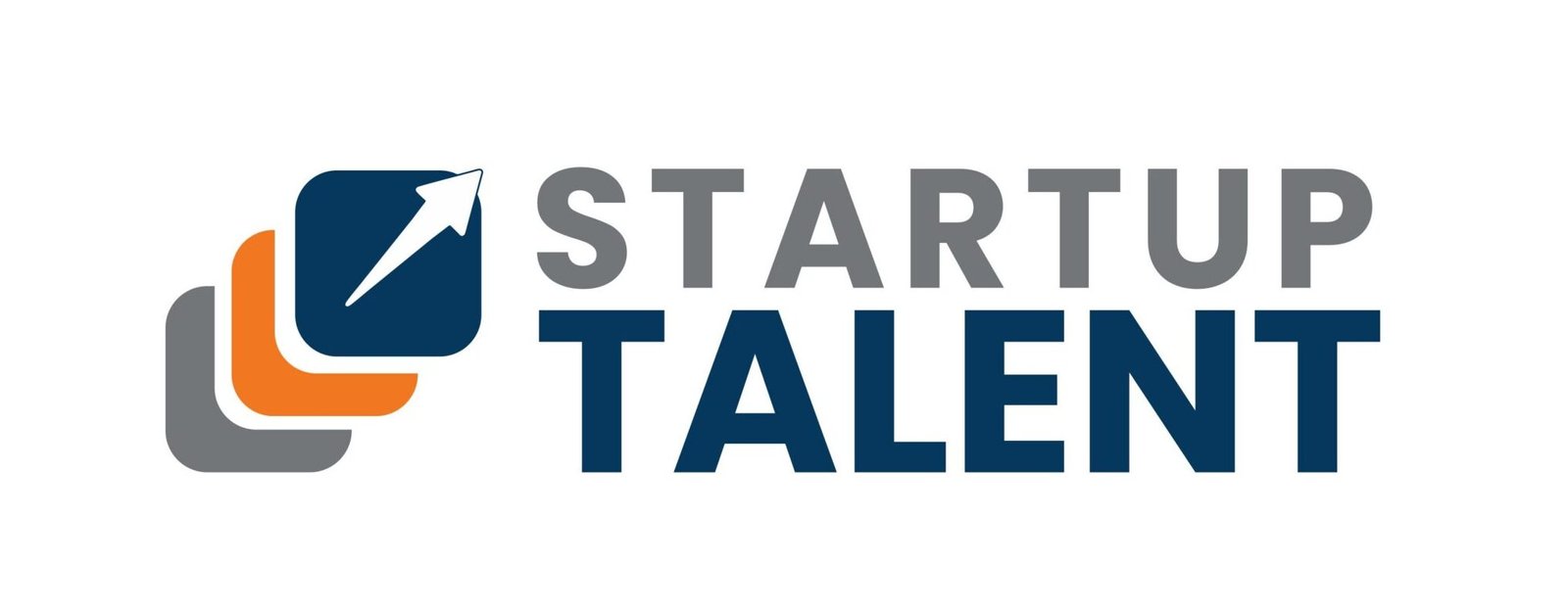Creating a startup is akin to sprinting a marathon. From fund-raising to product launches, all is done in high gear—and getting the right talent in place tends to become the biggest struggle. Successful founders find that it’s not just about ideas or money, but about the team they create. This is where HR Talent Management kicks in. For startups, successful HR talent management is more than simply an administrative function; it is a driver of growth.
Why Startups Need HR Talent Management Early
During the early days of a startup, there is typically a laser focus on product development and customer acquisition. Human resources can feel secondary as a result. But neglecting HR can be very costly; poor hiring, cultural misfit, and high turnover can derail momentum.
HR talent management helps startups in:
Finding and hiring individuals who fit the role AND the company culture.
Creating scalable HR processes from a blank slate.
Keeping high-performing talent during critical growth periods.
Creating leadership pipelines for succession planning.
In summary, it prepares you to scale with the right talent, not just more talent.
Key Components of HR Talent Management in Startups
1. Strategic Hiring with Culture
Hiring for skills is important, but hiring for culture can be just as important in a startup. With limited resources, every member is crucial. Startups should:
Use formal interviews to assess congruence with company values.
Prioritize flexible, growth-mindset individuals who can juggle multiple hats.
Take diversity of thought and background into account to drive innovation.
2. Efficient Onboarding for Quicker Integration
A successful onboarding process hastens productivity. Rather than bombarding new employees with information, startups should:
Develop a minimalist, digital onboarding process.
Offer clarity of role and short-term objectives from day one.
Match mentors or “buddies” with new employees to get them settled quickly.
3. Non-Bureaucratic Performance Management
Ancient performance review systems might not work for fast-paced startups. HR talent management in startups should instead:
Prioritize continuous feedback rather than yearly reviews.
Employ OKRs (Objectives and Key Results) to get teams aligned with company objectives.
Foster peer-to-peer recognition to enhance morale and motivation.
4. Learning and Development (L&D) at Scale
Startups tend to be in the kind of business where skills become outdated quickly. Employee development is not only a retention tactic but a business competitive edge. Some possibilities are:
1.Online learning websites and micro-classes.
2.In-house knowledge-sharing sessions.
5. Retention Through Engagement and Flexibility
1.Turnover is costly and disruptive. Startups can enhance retention by:
2.Providing flexibility (telecommuting, hybrid models, or flexible schedules).
3.Public acknowledgment of contributions.
Development of transparent communication processes between founders and staff.
6. Leadership Development from Within
Startups tend to neglect leadership development until it’s too late. Placing strong performers in leadership positions without training can fail. A better strategy:
1.Start Identifying future leaders nearly.
2.Offer coaching and mentoring.
3.Foster decision-making freedom at all levels.
Leveraging Technology in HR Talent Management
Startups live on efficiency, and HR processes shouldn’t be an exception. New-age HR technology solutions can streamline talent management:
1.Applicant Tracking Systems (ATS) for optimized hiring workflows.
2.HR Analytics Tools for measuring turnover, engagement, and productivity.
3.Collaboration Tools for a cohesive team culture, especially in dispersed settings.
4.Startups can embrace scalable HR technology early and avoid the pains of scaling manual processes later.
Challenges Startups Face in HR Talent Management
Resource Limitations: Smaller budget limits competitive hiring.
Growing Pains: Systems built for 10 may not work once you’ve got 100.
Retention Risks: Competition for top talent is so fierce that larger firms are always seeking.
Culture Dilution: When firms grow quickly, the original culture can get diluted; they need to stay focused.
When startups recognize these challenges, they can proactively plan an HR strategy, instead of having to use a Band-Aid to fix reactive action mode.
Best Practices for Startups to Scale with the Right People
1.Build a purposeful employer brand that articulates mission and values.
2.Hire for quality of hire, not speed to hire.
3.Create scalable HR processes early.
4.Involvement of founders in strategic hiring, particularly at early growth stages.
5.Inculcate an environment of openness, trust, and ongoing improvement.
Final Thoughts
For startups, expansion may be a race against the clock. But without the right talent, even the most brilliant ideas can falter. HR talent management offers the structure to bring on, build, and keep a talent pool whose numbers expand along with the organization. It turns the function of HR from an administrative role to a strategic partner in growth.
When startups invest in HR talent management in the beginning, they are forming teams, creating leaders, and establishing a culture that allows the organization to become a scalable business.

Anshuman Sinha is the Co-Founder & CEO of Startup Talent, where he helps startups build high-performing teams that scale with speed and intent. A seasoned entrepreneur, angel investor, and ecosystem builder, he brings deep experience across talent strategy, founder advisory, and early-stage growth. Anshuman is also associated with platforms like Startup Steroid and works closely with founders and investors globally, focusing on execution-driven hiring, strong culture, and long-term value creation.






